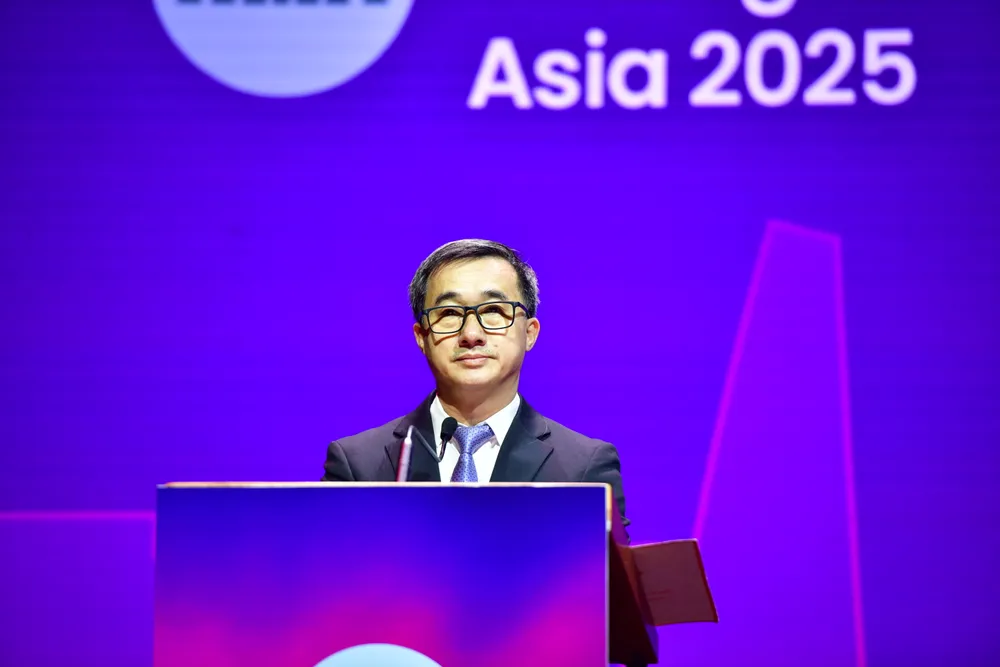
In his opening speech, Professor, Dr. Tran Van Thuan, Deputy Minister of Health, said that in recent years, Vietnam has made important strides in implementing the National Hospital Quality Criteria with 83 criteria and is currently building a set of advanced, specialized quality standards to get closer to international standards. Many hospitals have been recognized as meeting international standards such as: JCI (recognizing hospitals that meet standards on quality management, patient care safety, infection control and treatment capacity according to international standards), ACHSI (international standards and certifications on the quality of Australian health care services).
“Digital transformation is taking place strongly in the healthcare sector with activities such as: deploying electronic medical records, electronic health records, connecting clinical data, cashless payments and Telehealth networks expanding to remote areas. Along with that, the satellite hospital project has contributed to reducing the load at the end-line, improving on-site treatment capacity, so that people can access quality healthcare services right at their locality,” Deputy Minister of Health Tran Van Thuan emphasized.
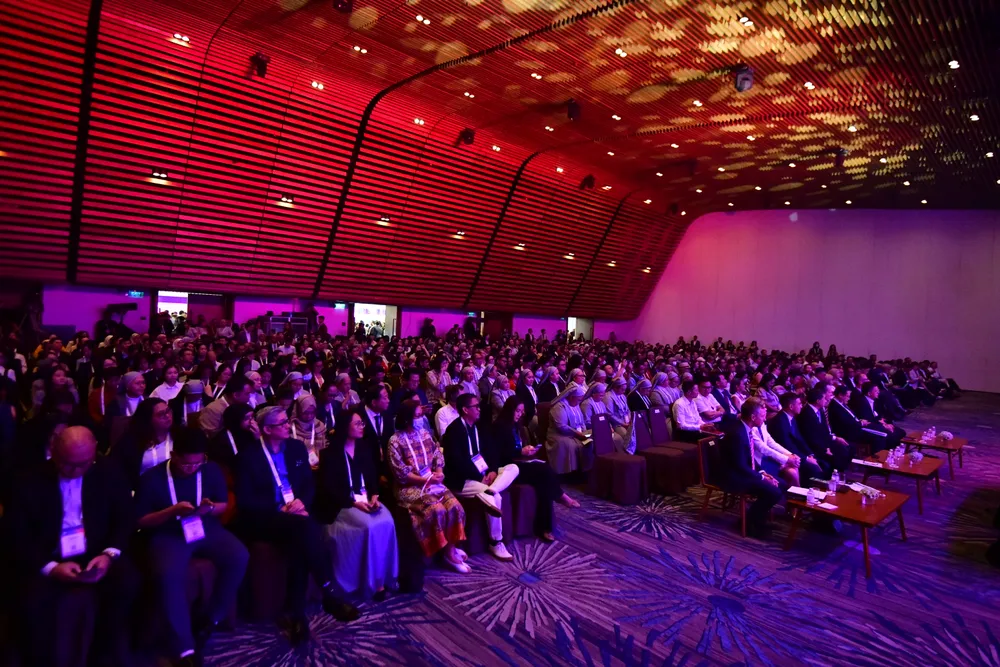
However, according to Deputy Minister of Health Tran Van Thuan, Vietnam's healthcare system is still facing many challenges: overload at central hospitals while grassroots healthcare capacity has not been fully utilized; high-quality human resources are still lacking, especially in disadvantaged areas; financial mechanisms and health insurance policies are not really synchronized and the digital transformation process, although achieving many initial results, is uneven and lacks connectivity between levels.
Vietnam is on the map of Asian healthcare innovation.
According to Dr. Ha Anh Duc, Director of the Department of Medical Examination and Treatment (Ministry of Health), 2025 is a key time when the Vietnamese health system has to face many challenges: aging population, human resource shortage, hospital overload and the need to improve the quality of comprehensive treatment.
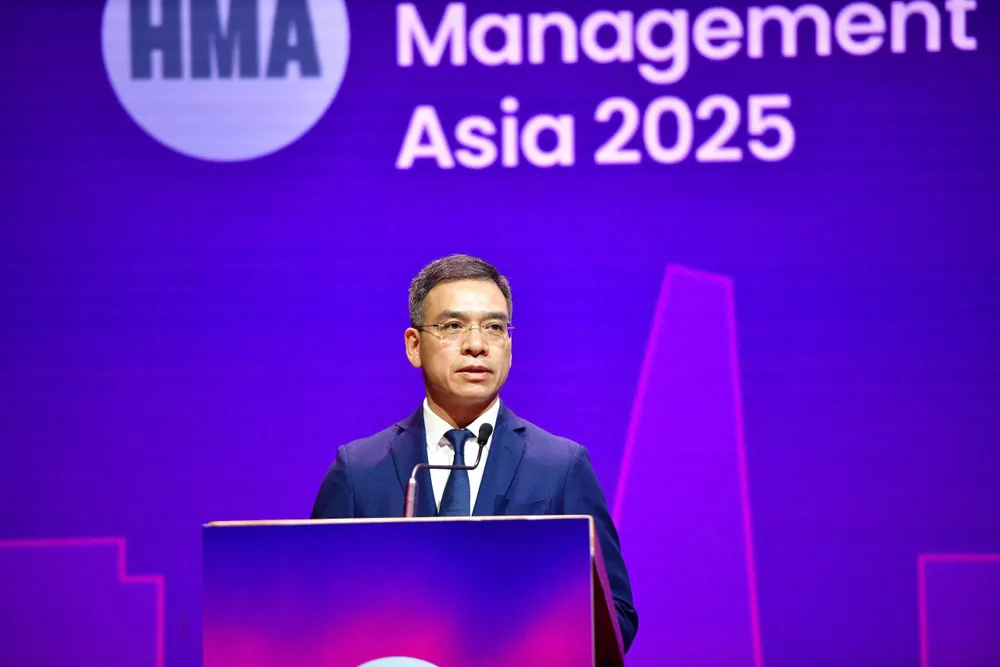
Hosting HMA 2025 demonstrates Vietnam’s strong commitment to healthcare reform and international integration. The conference is not only a professional forum but also a strategic step in the process of modernizing the healthcare sector, helping Vietnam approach international standards in a practical and effective manner.
Vietnam is currently in the early stages of developing standards and regulations for medical AI. If it keeps up with the pace of technology, AI will not only help reduce hospital overload and save costs, but also increase patient confidence in the healthcare system. AI is not just a means of supporting treatment, but needs to be designed as a patient-saving tool, operating on a clear, transparent legal foundation and sustainable AI ethics.
Source: https://www.sggp.org.vn/chuyen-doi-tai-cac-co-so-y-te-chua-dong-dieu-thieu-tinh-lien-thong-post812394.html


![[Photo] General Secretary To Lam receives US Ambassador to Vietnam Marc Knapper](https://vphoto.vietnam.vn/thumb/1200x675/vietnam/resource/IMAGE/2025/9/29/c8fd0761aa184da7814aee57d87c49b3)
![[Photo] Solemn opening of the 12th Military Party Congress for the 2025-2030 term](https://vphoto.vietnam.vn/thumb/1200x675/vietnam/resource/IMAGE/2025/9/30/2cd383b3130d41a1a4b5ace0d5eb989d)

![[Photo] The 1st Congress of Phu Tho Provincial Party Committee, term 2025-2030](https://vphoto.vietnam.vn/thumb/1200x675/vietnam/resource/IMAGE/2025/9/30/1507da06216649bba8a1ce6251816820)
![[Photo] General Secretary To Lam, Secretary of the Central Military Commission attends the 12th Party Congress of the Army](https://vphoto.vietnam.vn/thumb/1200x675/vietnam/resource/IMAGE/2025/9/30/9b63aaa37ddb472ead84e3870a8ae825)

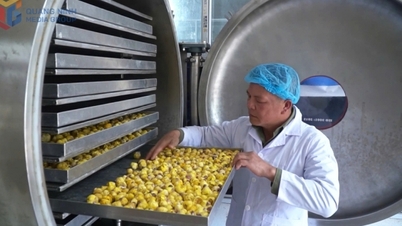



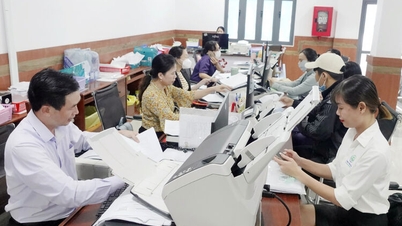

![[Infographics] Time, location, content of the 1st Congress of An Giang Provincial Party Committee, term 2025 - 2030](https://vphoto.vietnam.vn/thumb/402x226/vietnam/resource/IMAGE/2025/9/30/fed466586ad84c3ebea914be993018ca)

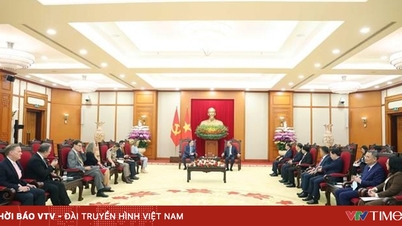

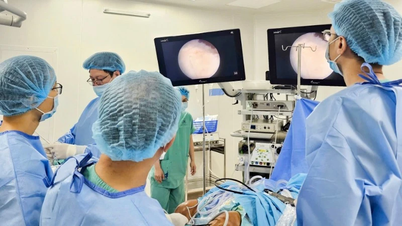






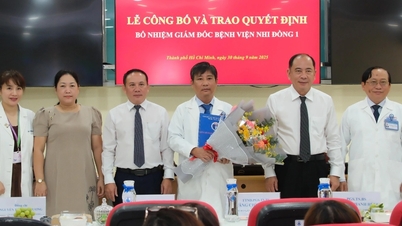
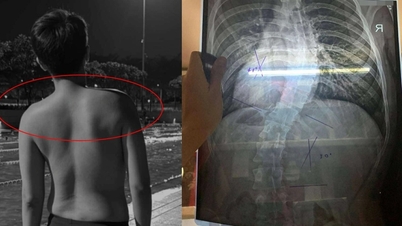





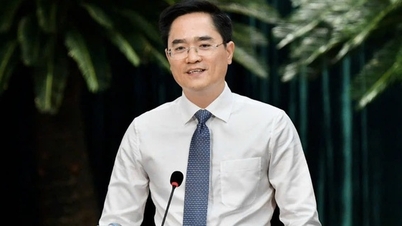


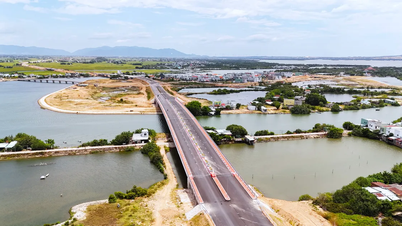

![[Photo] General Secretary To Lam attends the ceremony to celebrate the 80th anniversary of the post and telecommunications sector and the 66th anniversary of the science and technology sector.](https://vphoto.vietnam.vn/thumb/1200x675/vietnam/resource/IMAGE/2025/9/29/8e86b39b8fe44121a2b14a031f4cef46)



























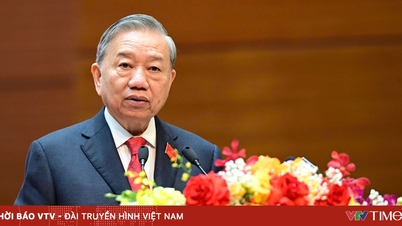
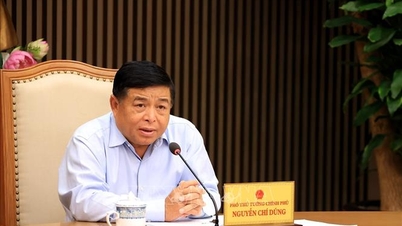

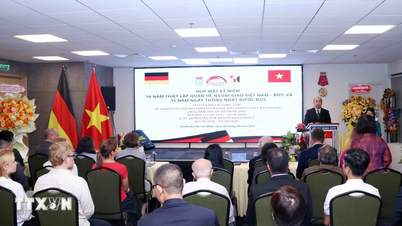
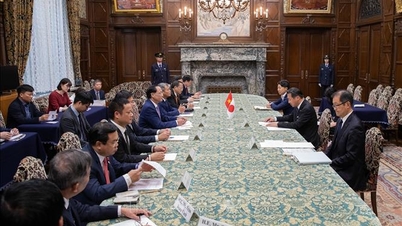


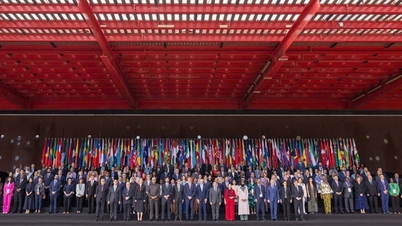
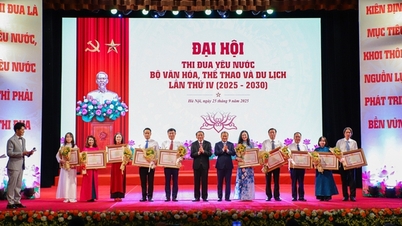




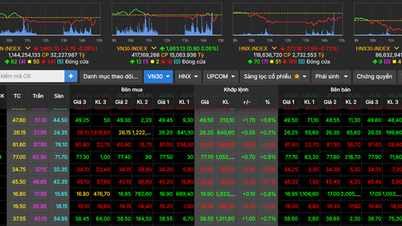

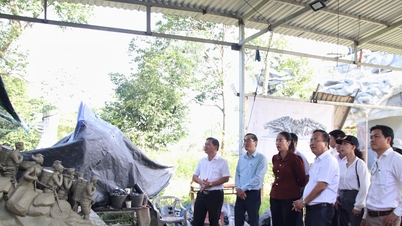

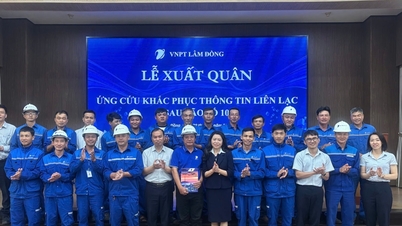

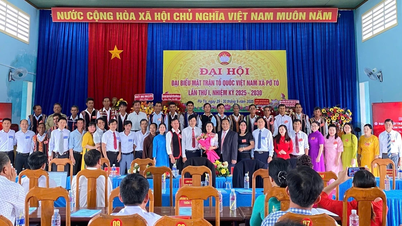



















Comment (0)